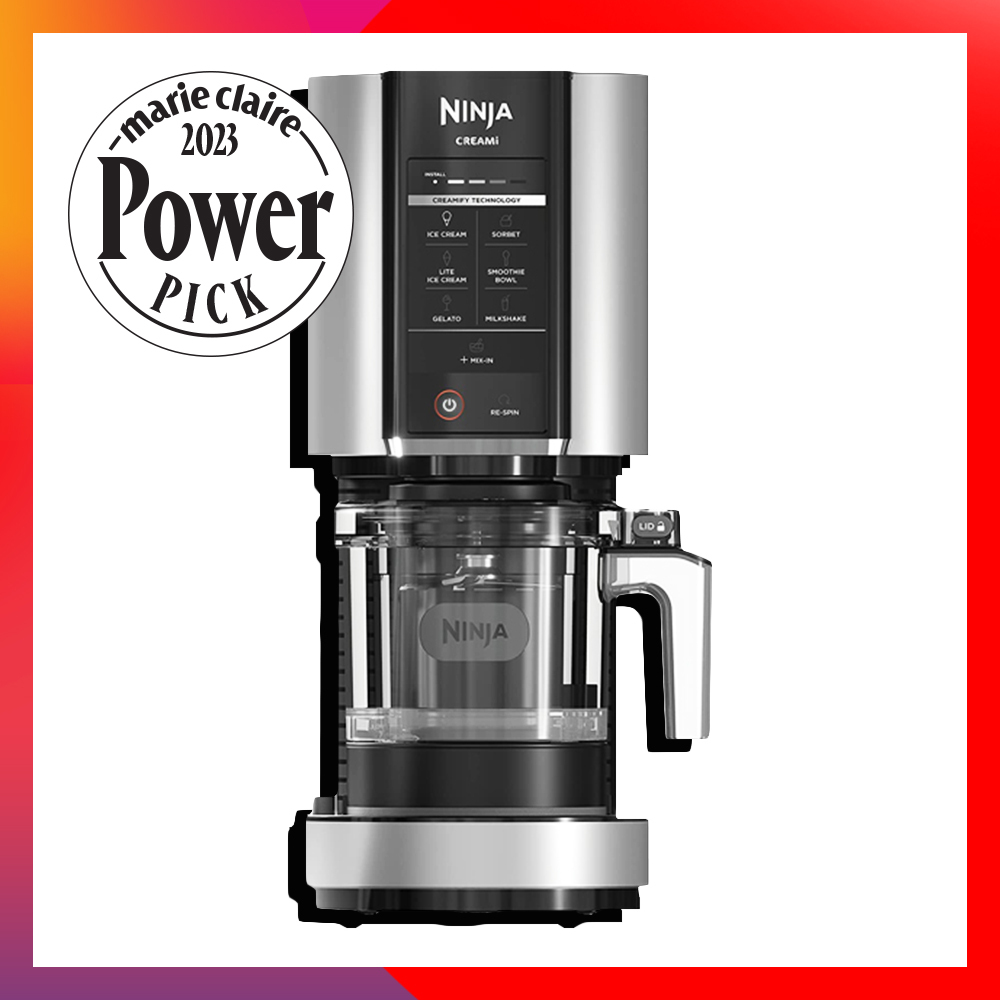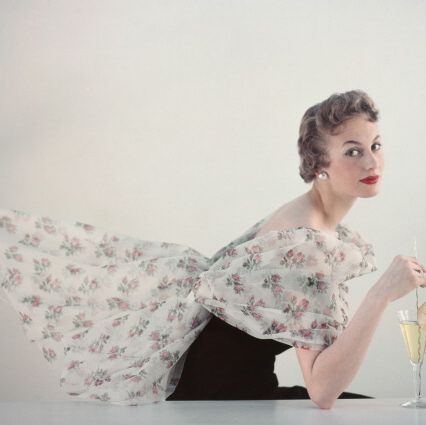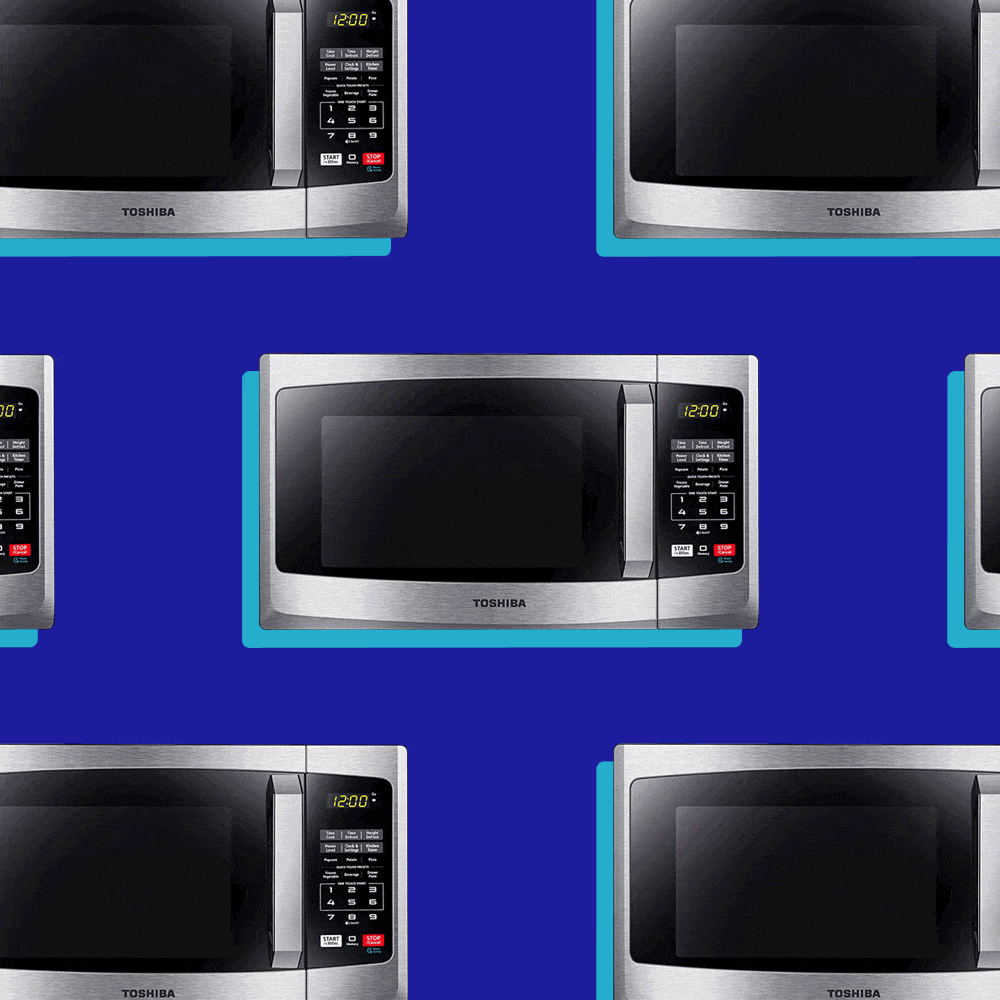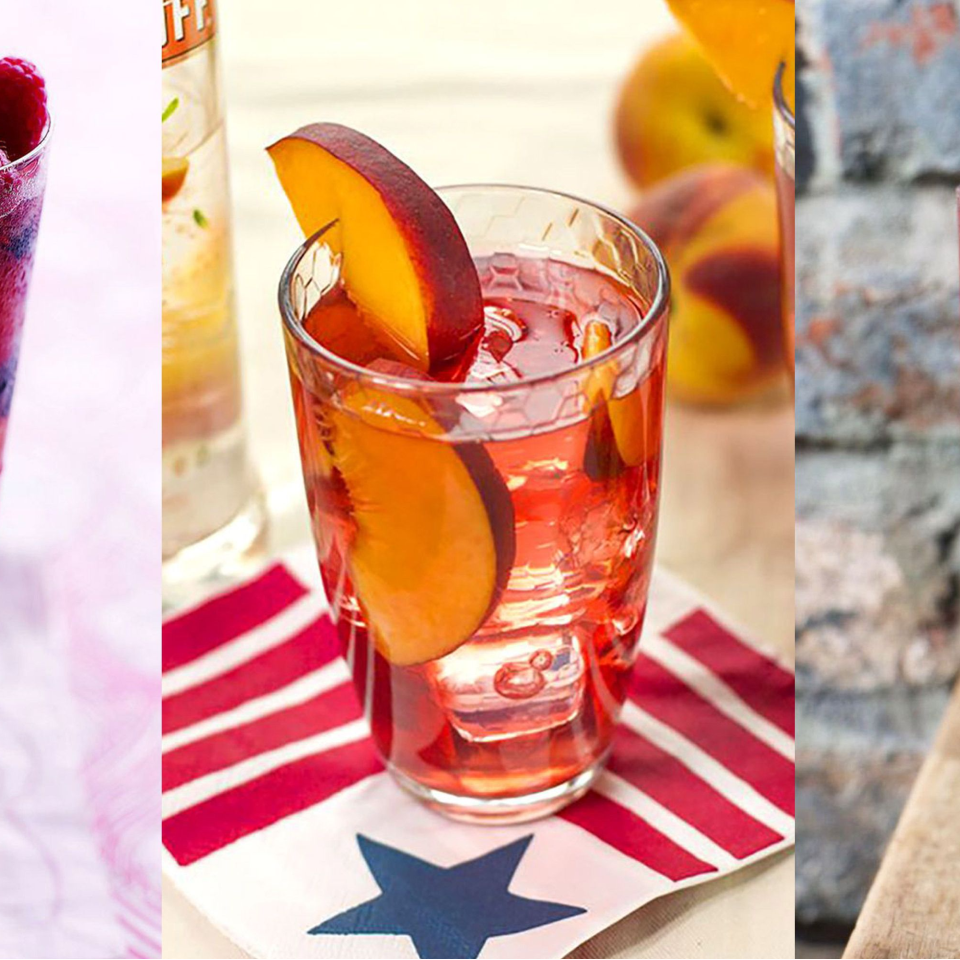Food and Cocktails
Cocktail recipes and nutrition advice from the food and drink editors at Marie Claire.
-
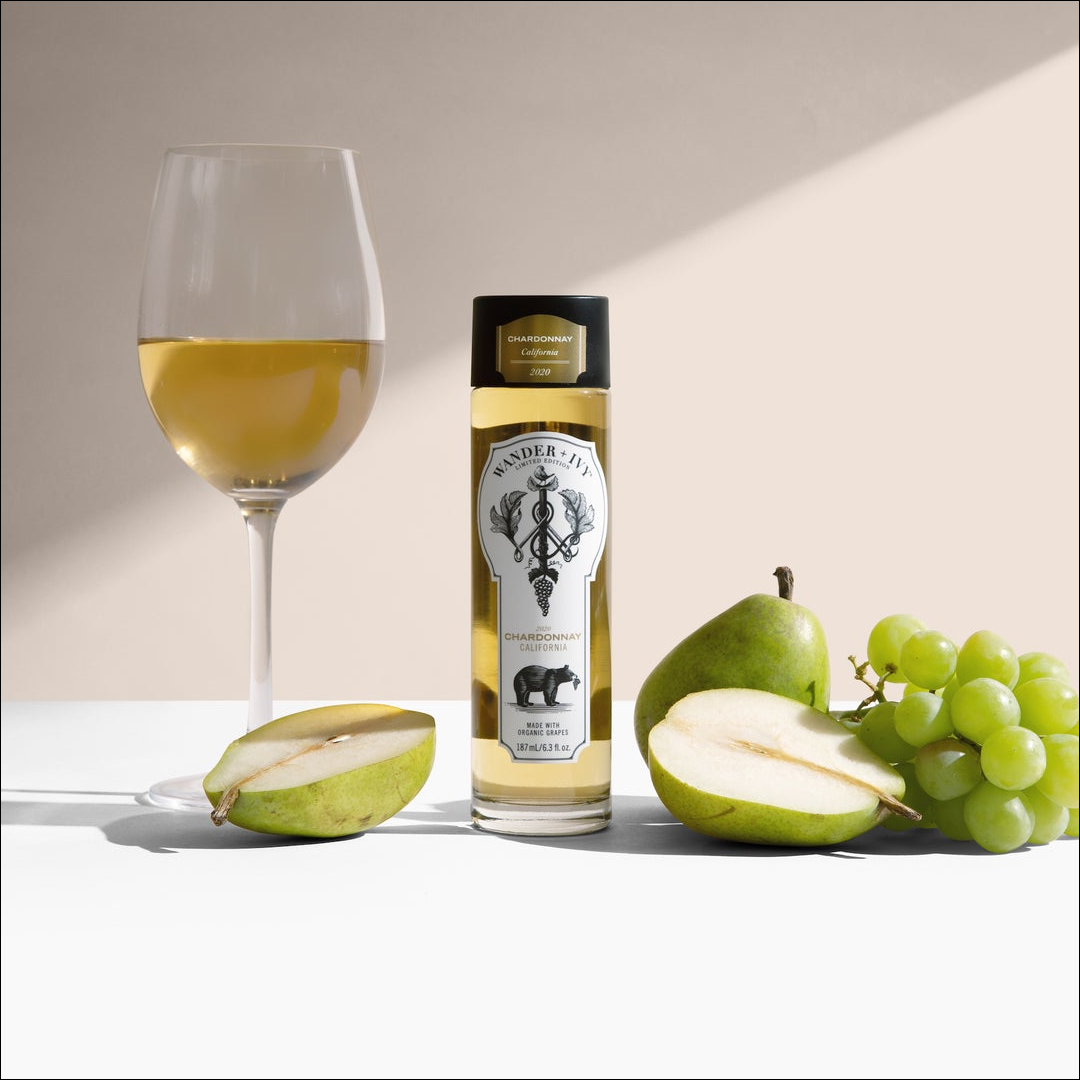
Love Wine But Hate Committing To A Whole Bottle? Check Out This High-End, Single-Serve Wine Brand
Finally, a single-serve option that doesn't look (or taste) like a juice box.
By Gabrielle Ulubay Published
SPONSORED -
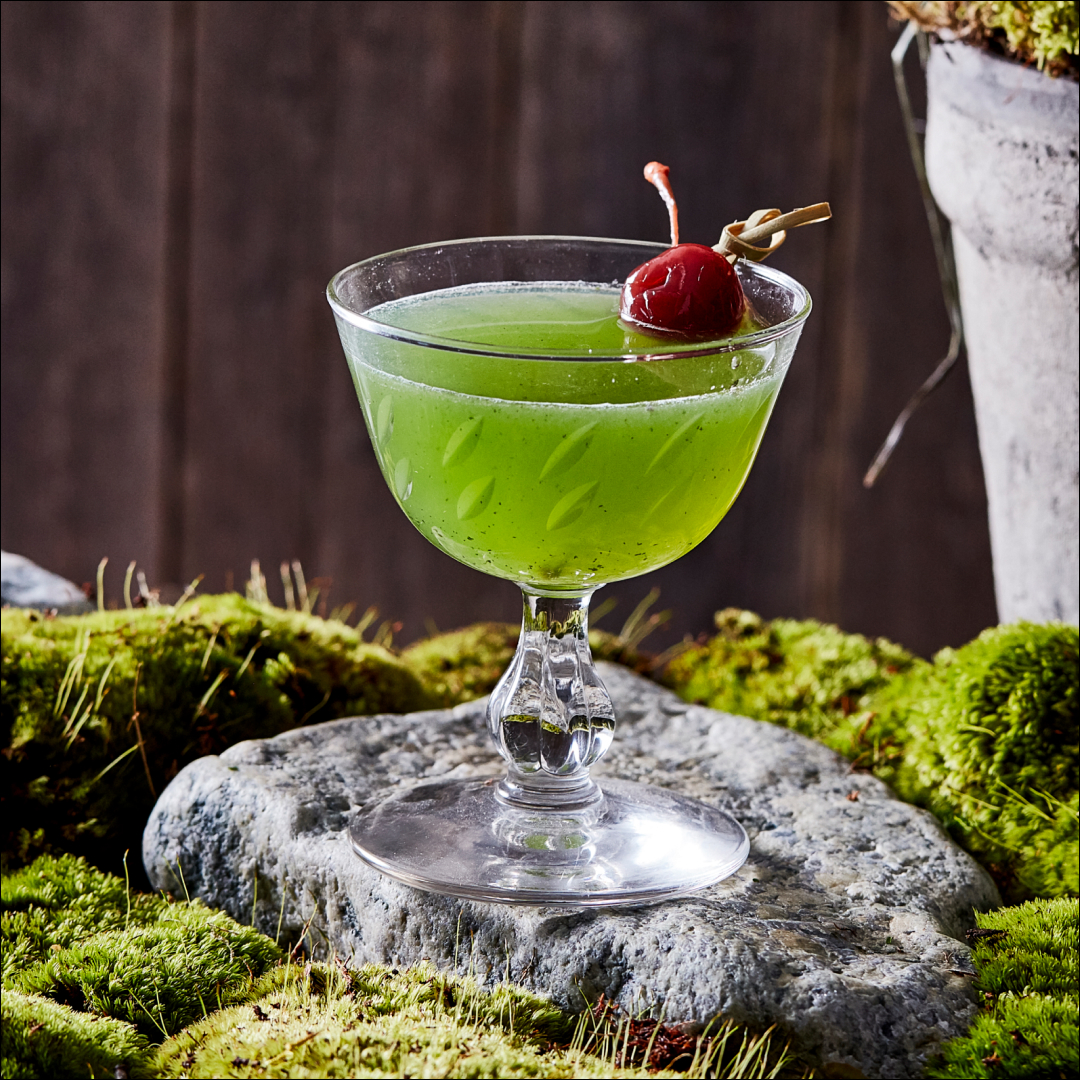
Our Favorite St. Patrick's Day-Inspired Whiskey Cocktails
If you're feeling lucky on March 17, say sláinte and try one of these spirited sips.
By Michelle Stansbury Published
-
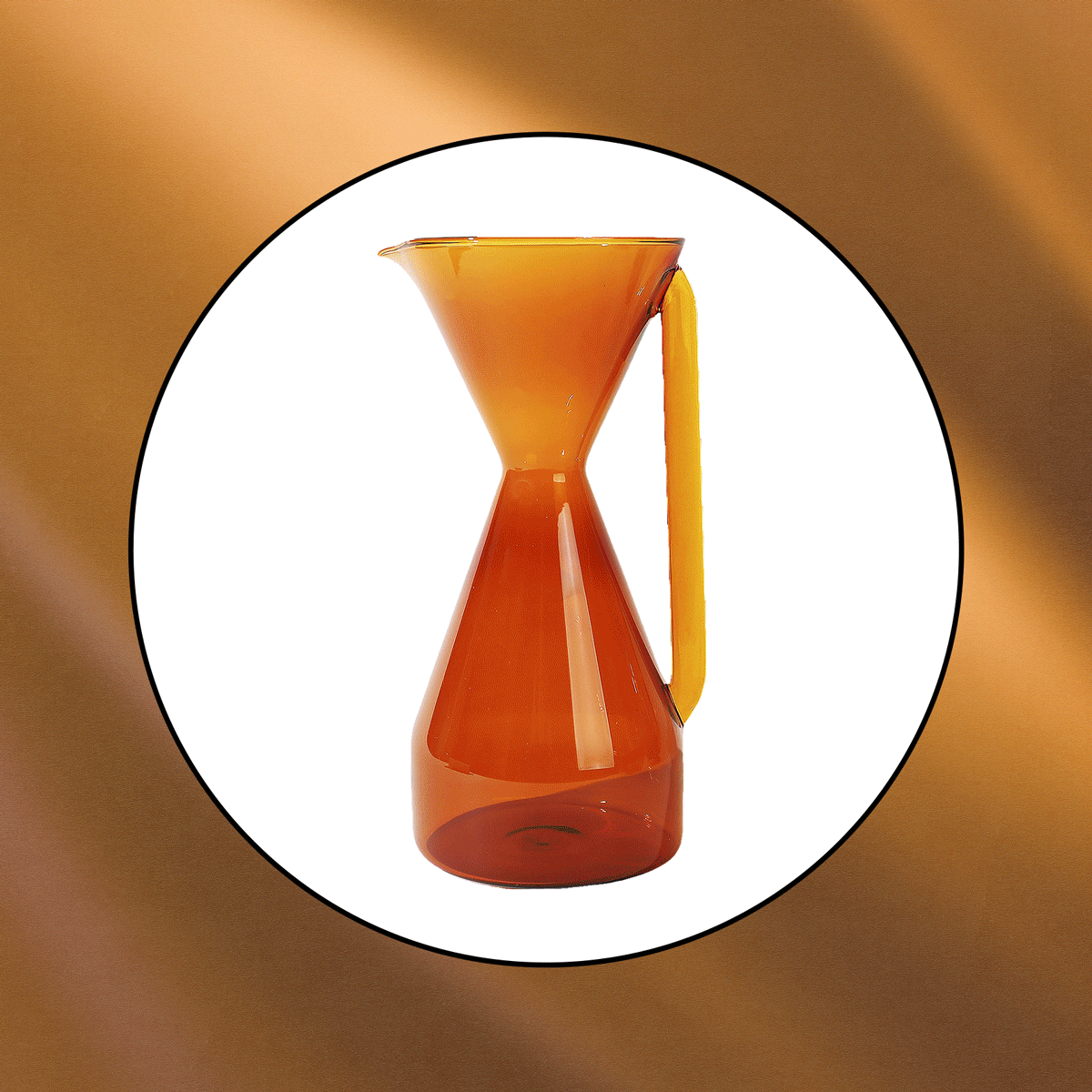
Coffee Carafes That Will Keep Your Coffee Warm for Hours (We Promise)
Plus, an expert breaks down the differences between glass and thermal carafes.
By Julia Marzovilla Last updated
-
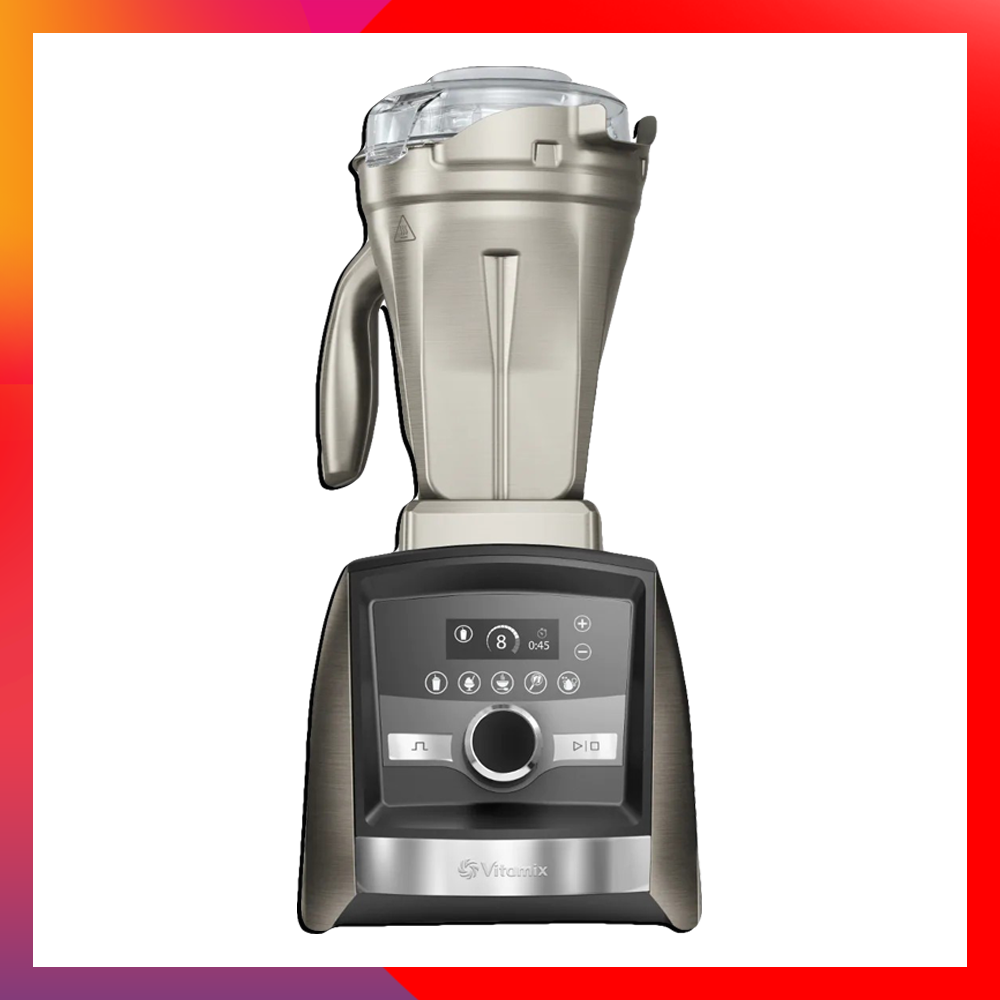
Vitamix’s A3500 Blender Is My New Favorite Sous Chef
This isn’t your grandmother’s kitchen appliance.
By Lucia Tonelli Last updated
-
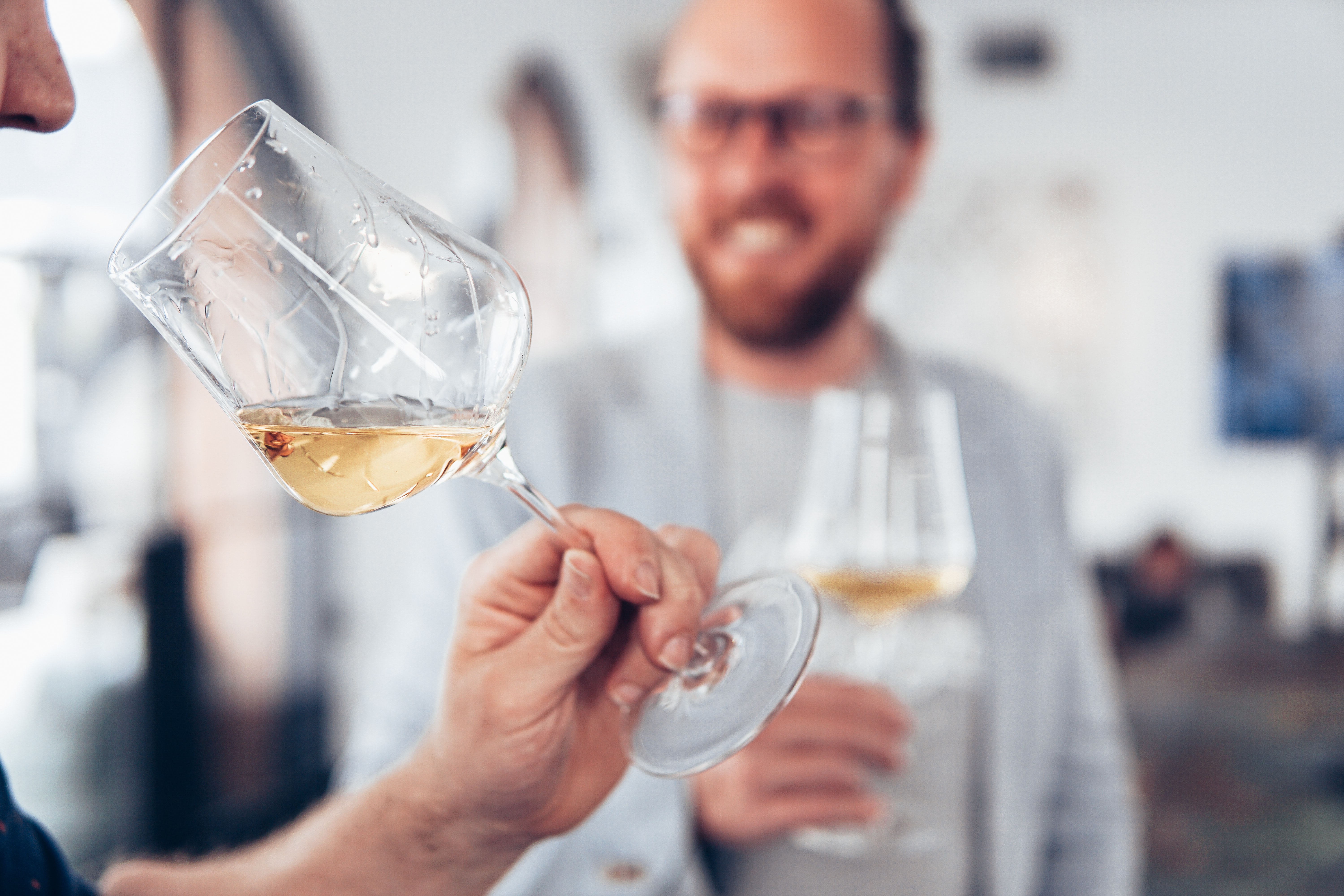
This Year’s Hottest New Wine Club
By Sponsored Published
-
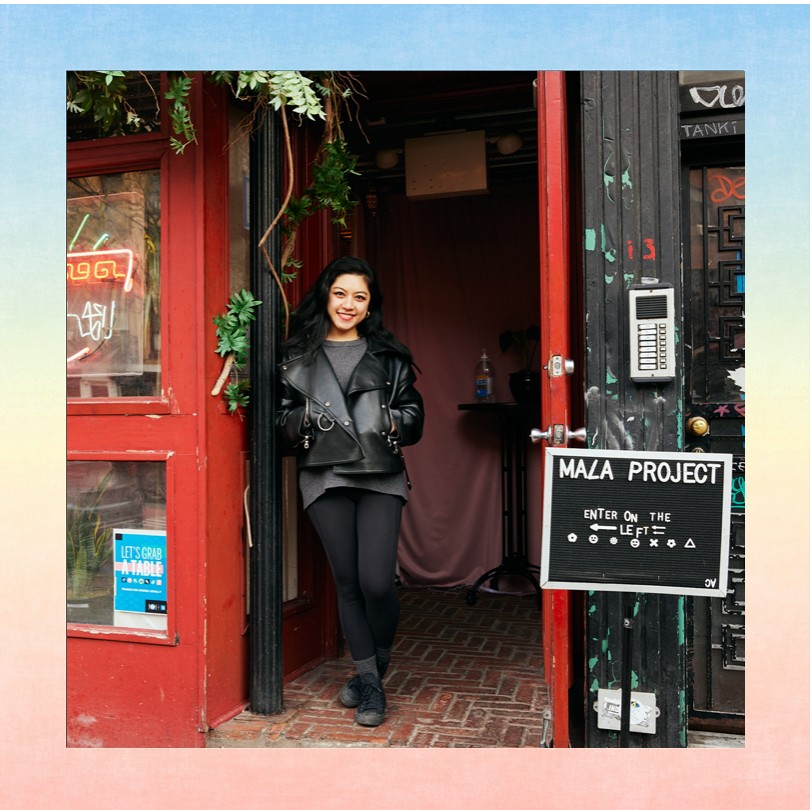
Small Business Spotlight: MáLà Project
Restaurants and their employees have been hit hard around the world. Amelie Kang, the founder of New York City’s MáLà Project, is ready to bounce back.
By Sara Holzman Published
-
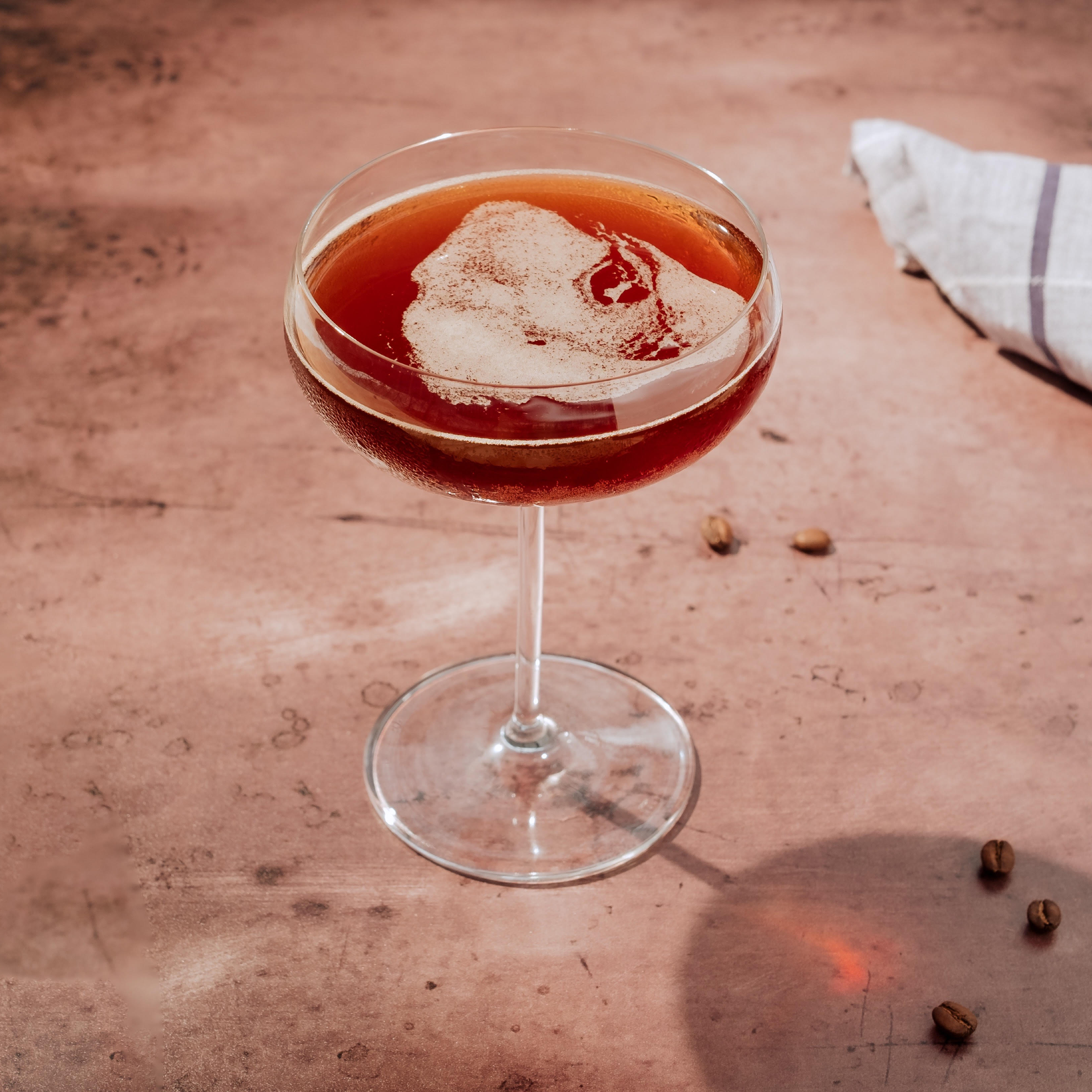
How to Make an Espresso Martini
Also known as: How to create this year's buzziest cocktail at home.
By Michelle Stansbury Published
-
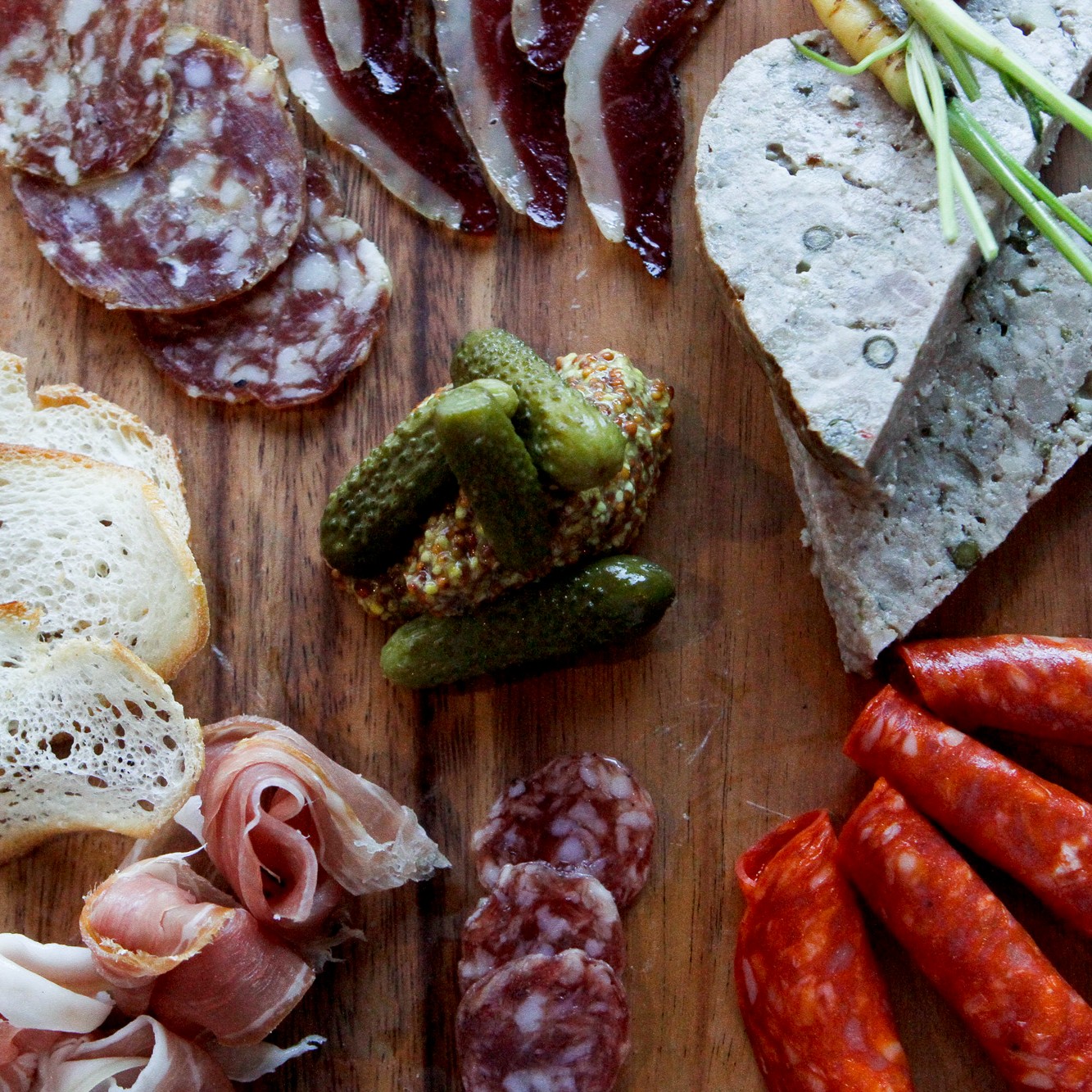
The 14 Best Food Gifts for Home Chefs and Foodies Alike
Trust us: They'll eat these up.
By Sara Holzman Published
-
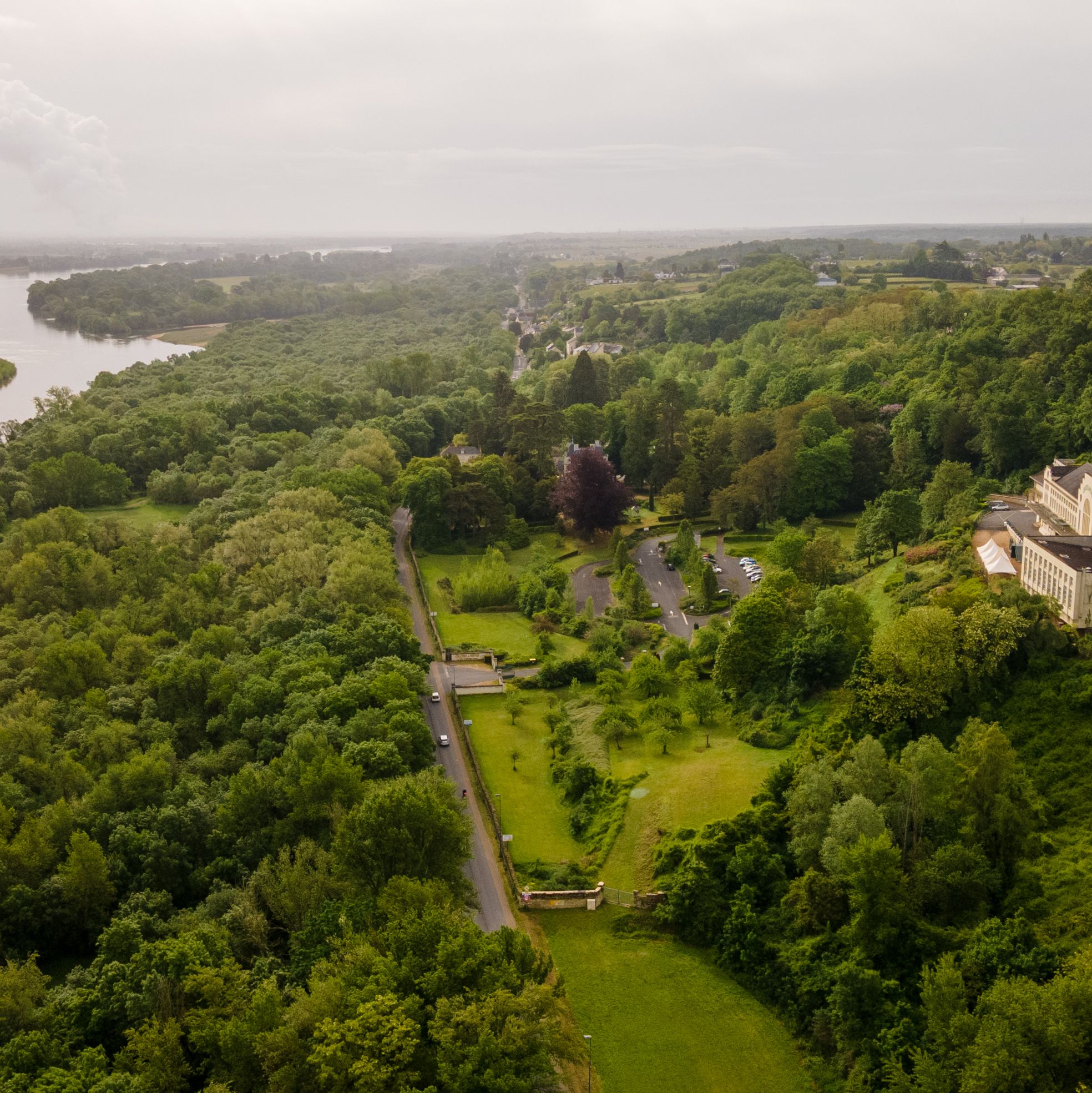
Meet the Woman Blending the Traditional and the Modern in French Winemaking
How Florence Haynes combined the traditional and the contemporary for Gratien & Meyer Crémant de Loire.
By Sponsored Published
-
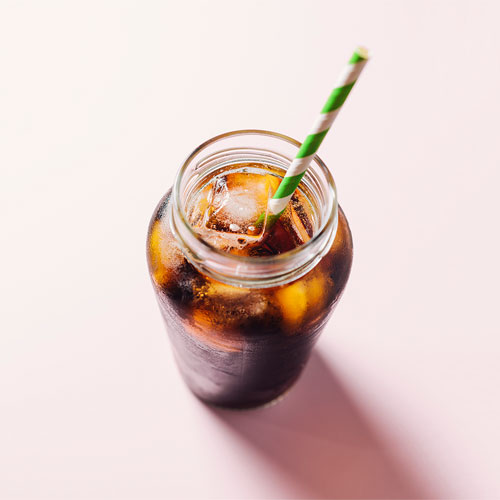
The 9 Best Cold Brew Coffee Makers to Level Up With
And no, it's not the same as iced coffee.
By Siena Gagliano Published
-
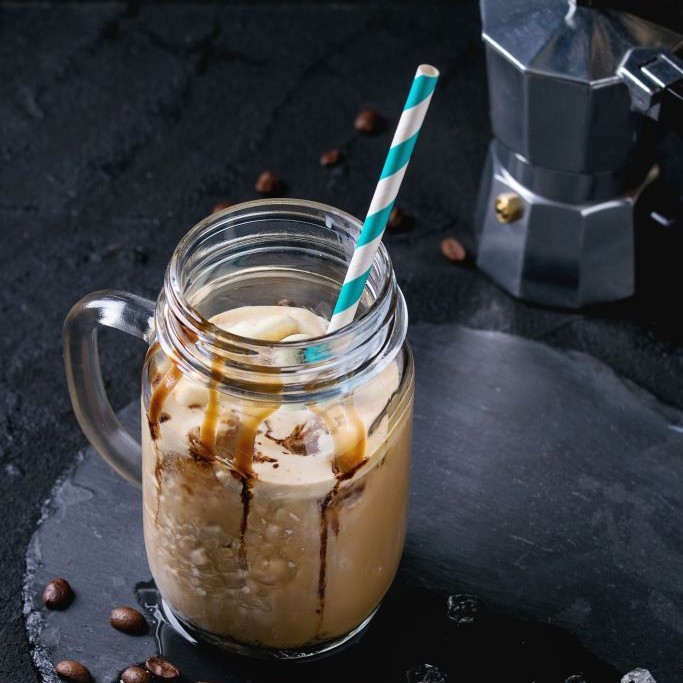
9 Starbucks Drinks You Can Recreate at Home
Get ready to sit back and enjoy.
By Bianca Rodriguez Published
-
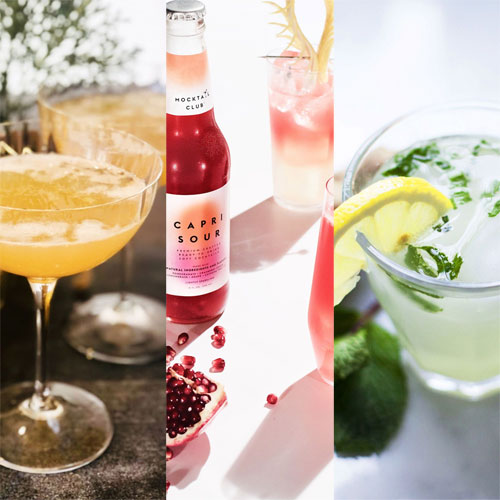
23 Easy Mocktail Recipes to Try
Even better than the real thing.
By Michelle Stansbury Published
-
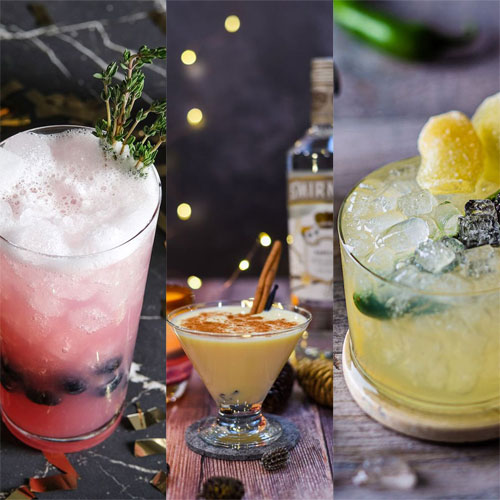
New Year's Eve Cocktails to Ring in 2023 With
Toast to better days ahead.
By Bianca Rodriguez Published
-
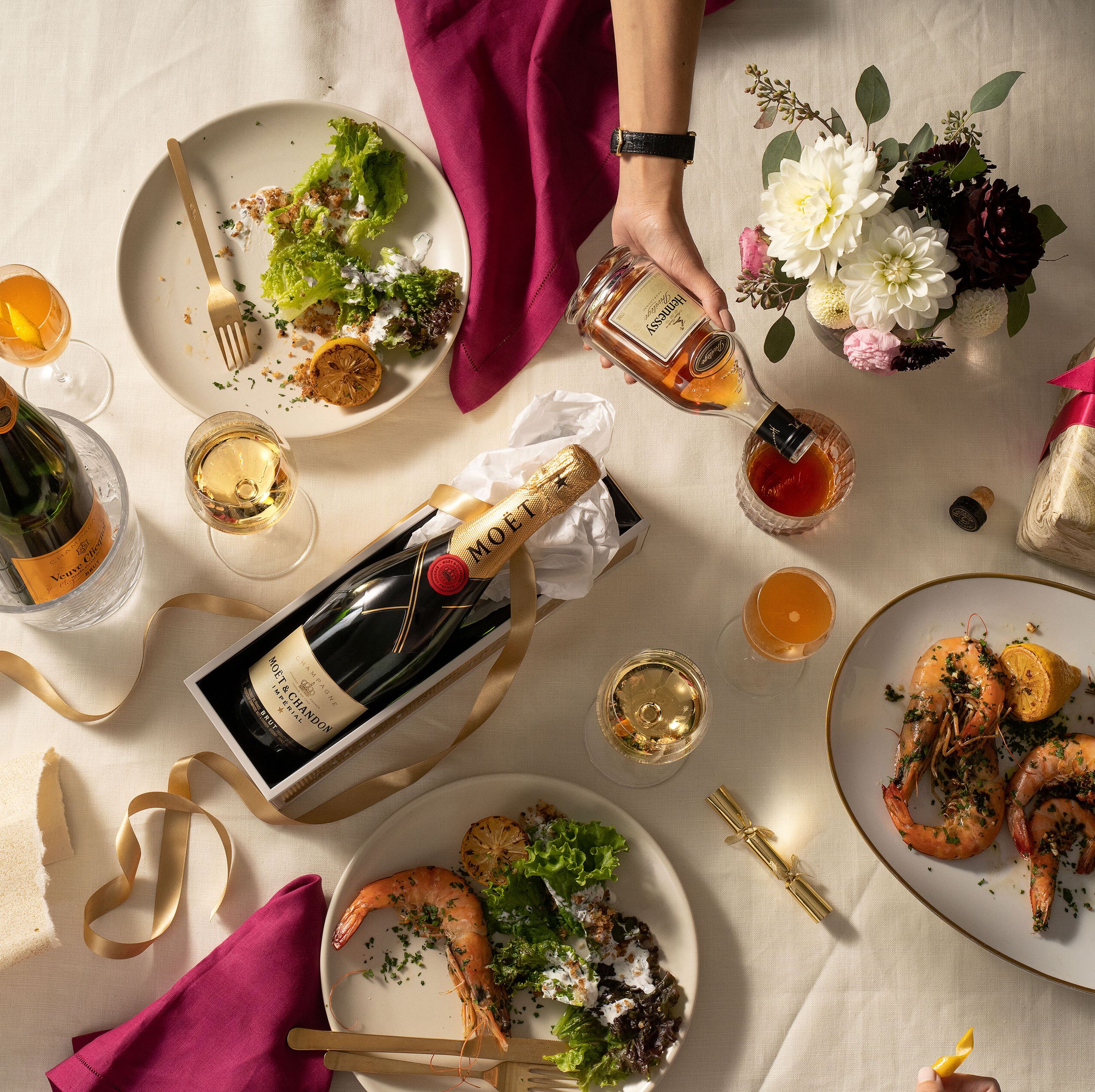
At-Home New Year's Eve Party Ideas That Are Still Fabulous
How To So you won't be on a packed dance floor when the ball drops—who cares? You can still throw an unforgettable micro-party in your living room and wave goodbye to a year we'd all like to forget.
By Michelle Stansbury Published
How To -
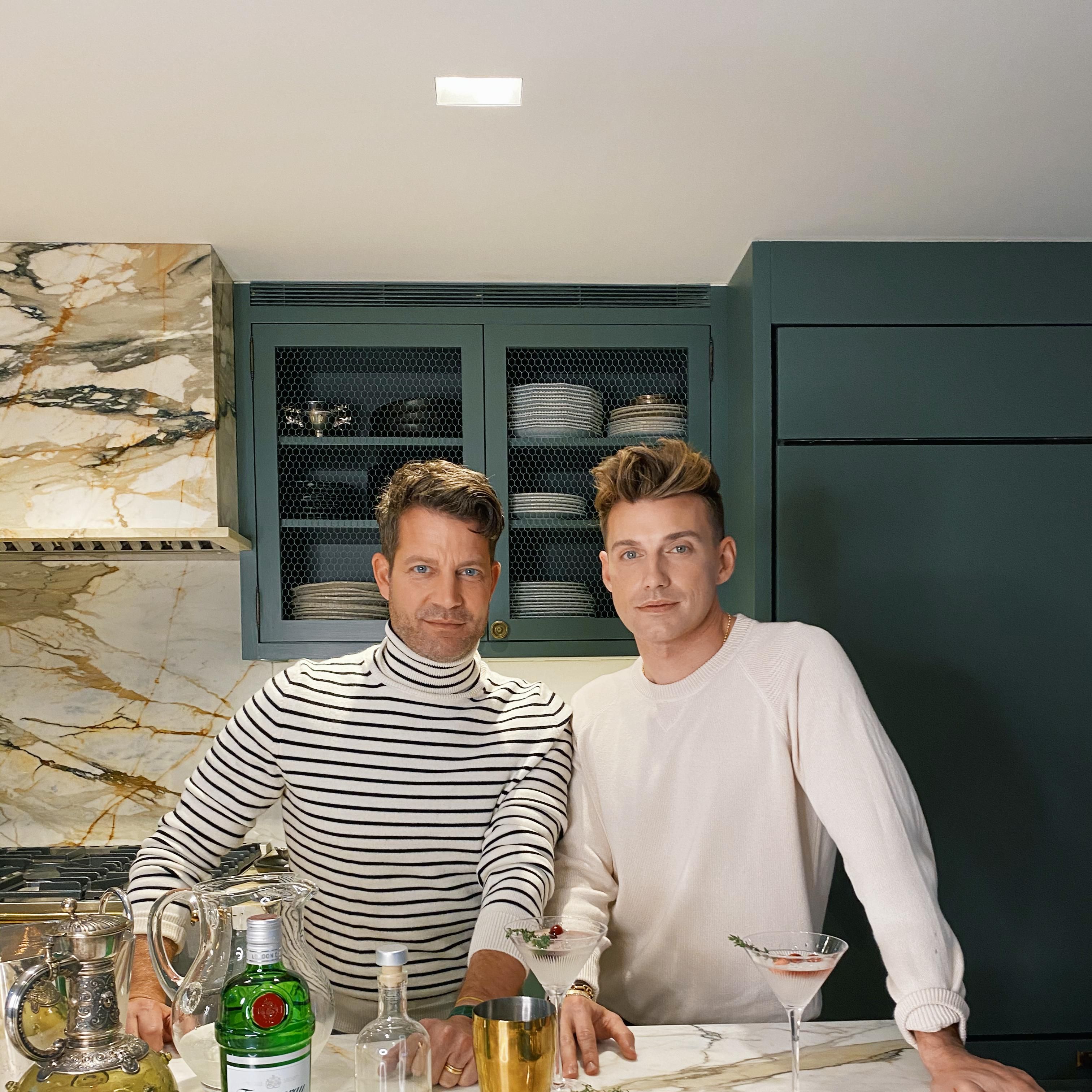
4 Big Ideas for Small Holiday Get-Togethers
Features Nate Berkus and Jeremiah Brent on how to level-up your scaled-down celebration.
By Betsy Goldberg Published
Features -
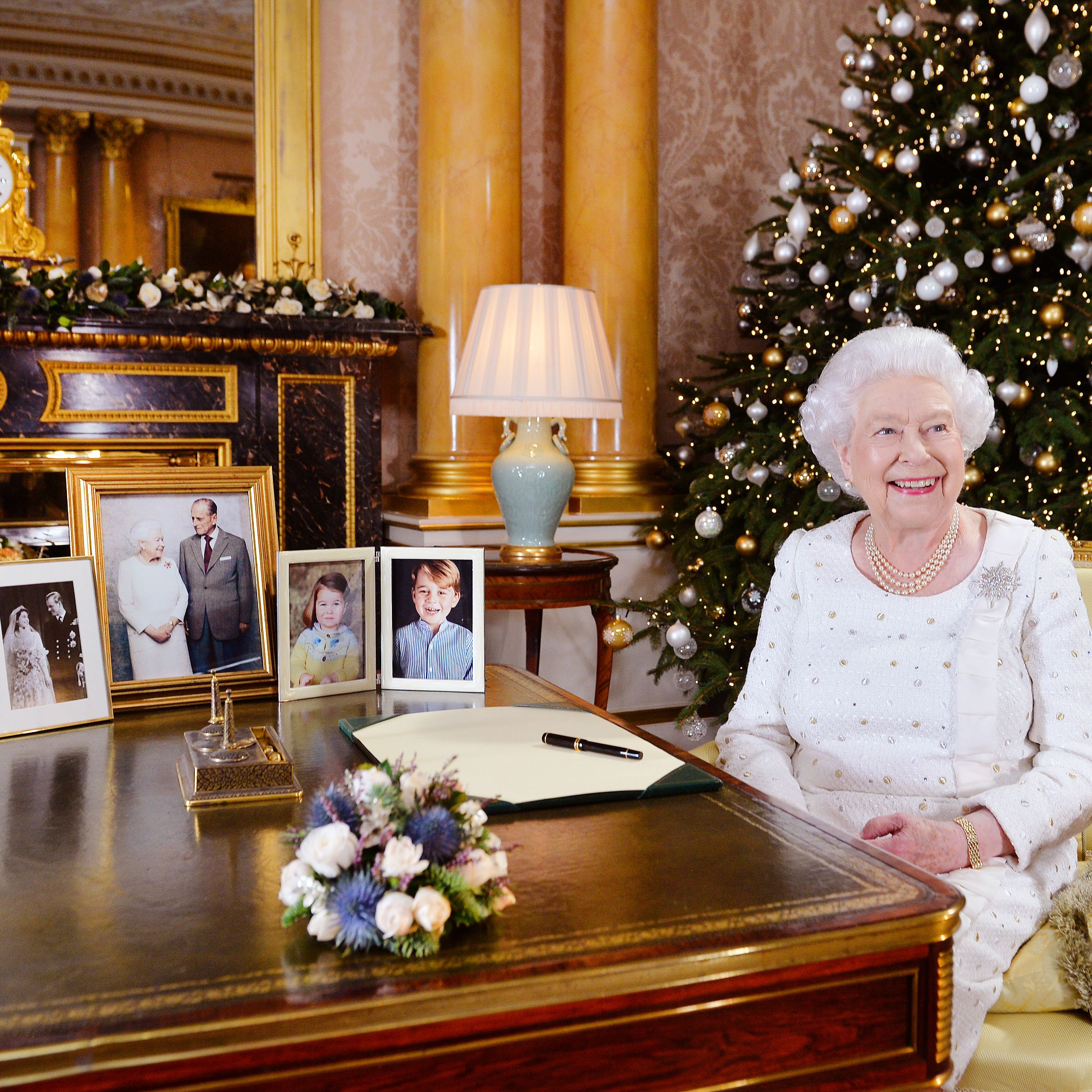
The Royal Family Shared the Recipe for the Queen's Favorite Boozy Christmas Pudding
The Royal Family Twitter account shared the royal chef's recipe for the Queen's favorite boozy Christmas pudding.
By Kayleigh Roberts Published
-
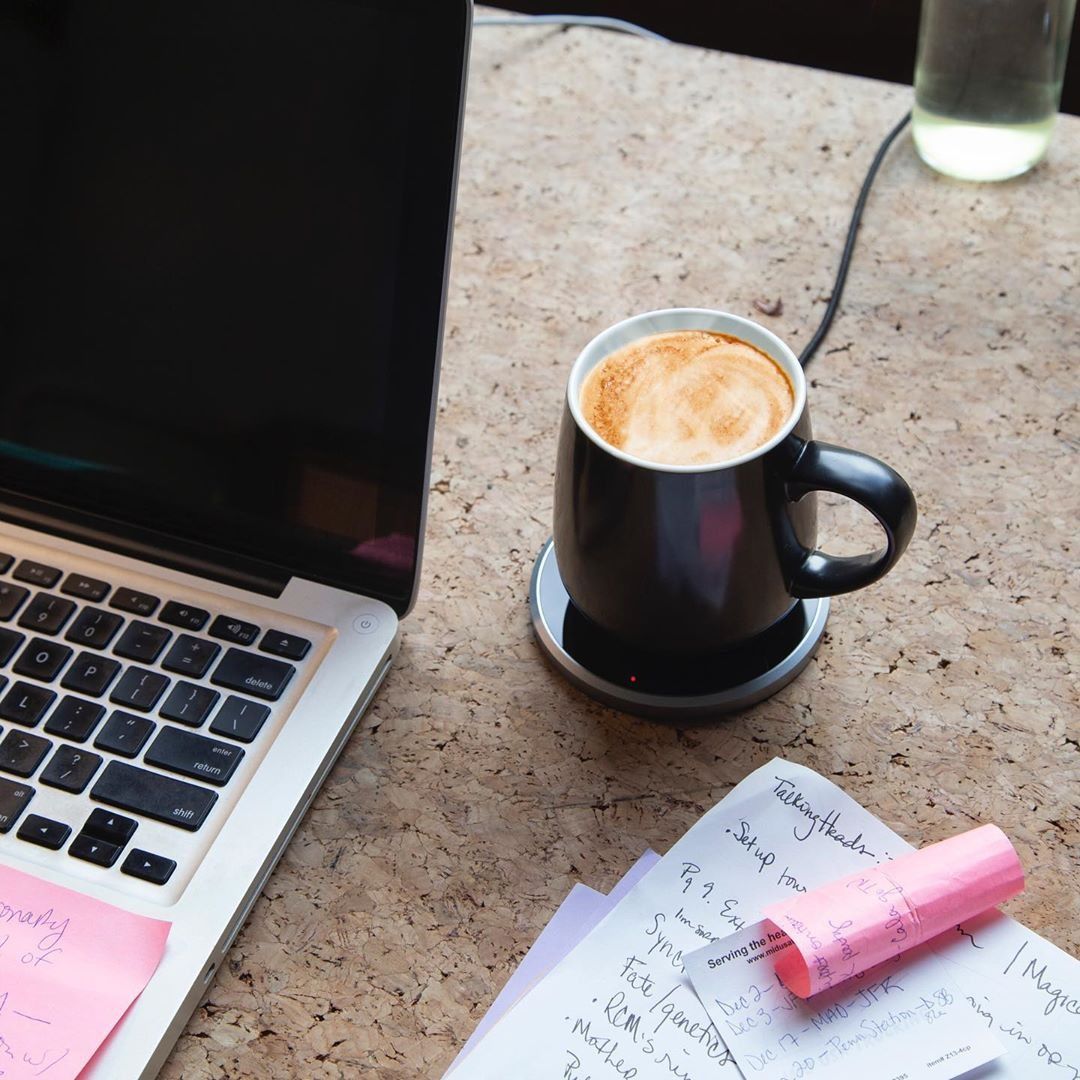
The 8 Best Mug Warmers to Keep Your Coffee Warm
See ya later, lukewarm lattes.
By Danielle St. Pierre Published
-
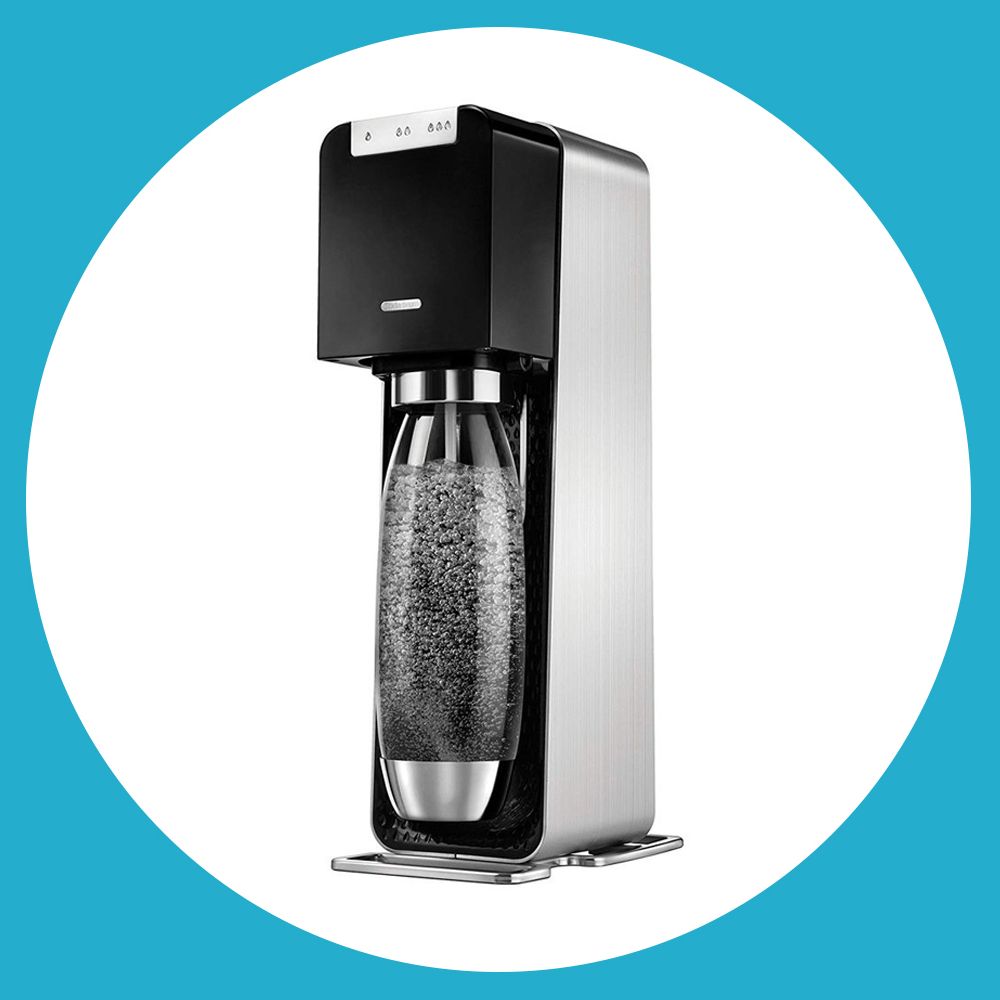
5 Best Soda Streams for Convenient Carbonation
Buying Guide Upgrade your sparkling water game with a Soda Stream carbonator that'll fizz up drinks in a flash.
By Zarah A. Kavarana Published
Buying Guide -
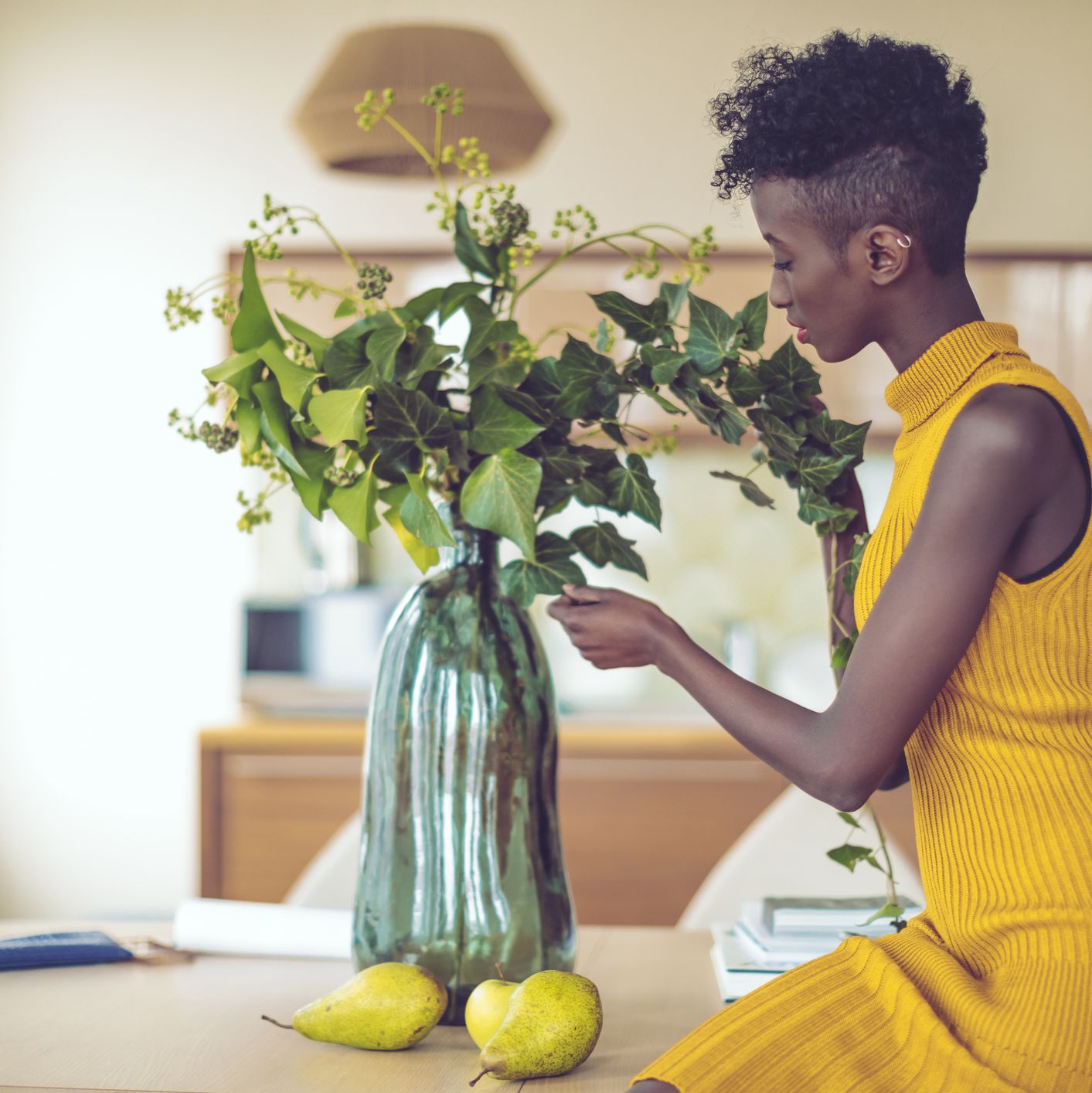
3 Pro Tips for Putting Together the Best Bouquets
How To Essential advice for everyday enthusiasts and budding florists alike.
By Marie Claire Published
How To -
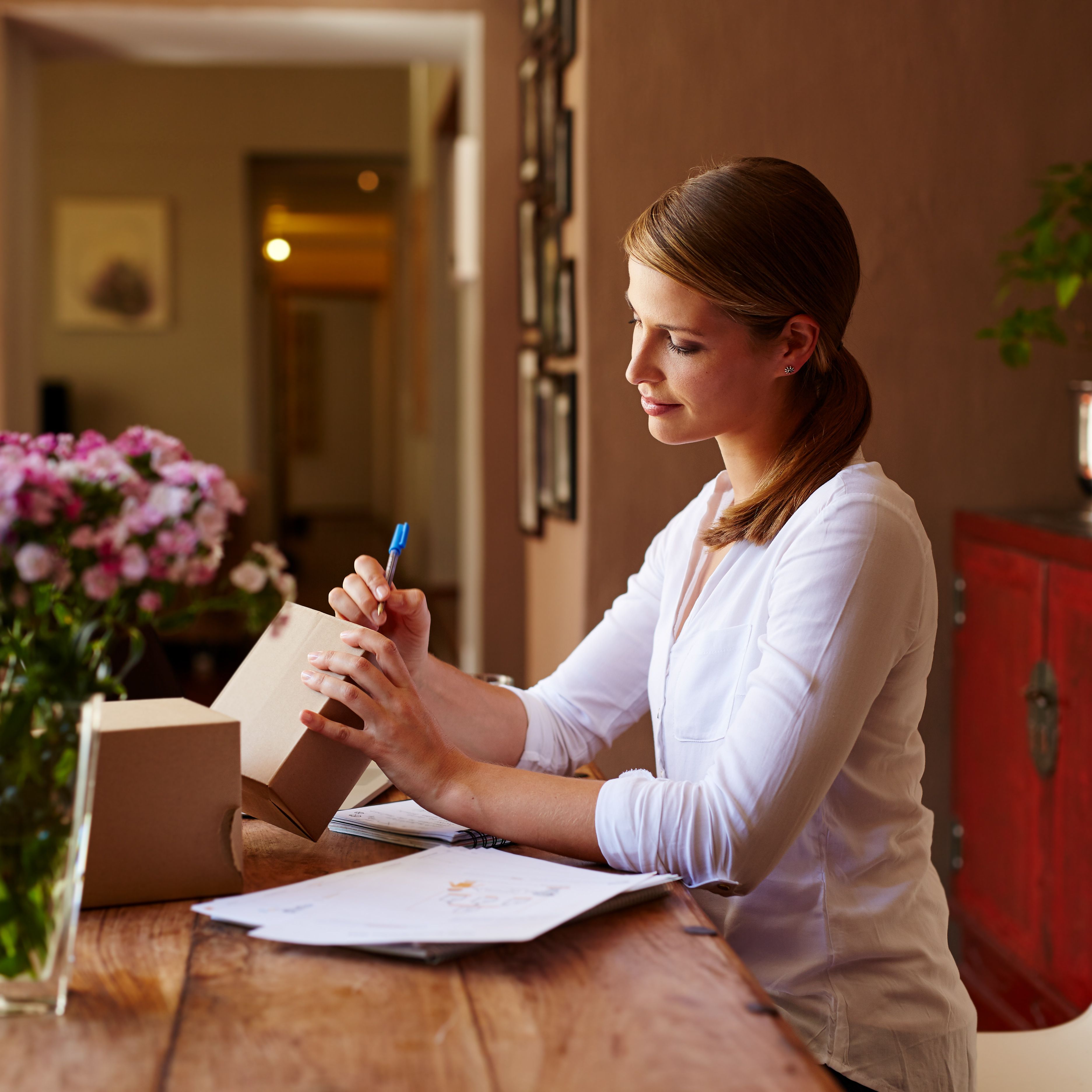
How To Send A Truly Thoughtful Thank You
How To It's more than a simple note.
By Leah Melby Clinton Published
How To -
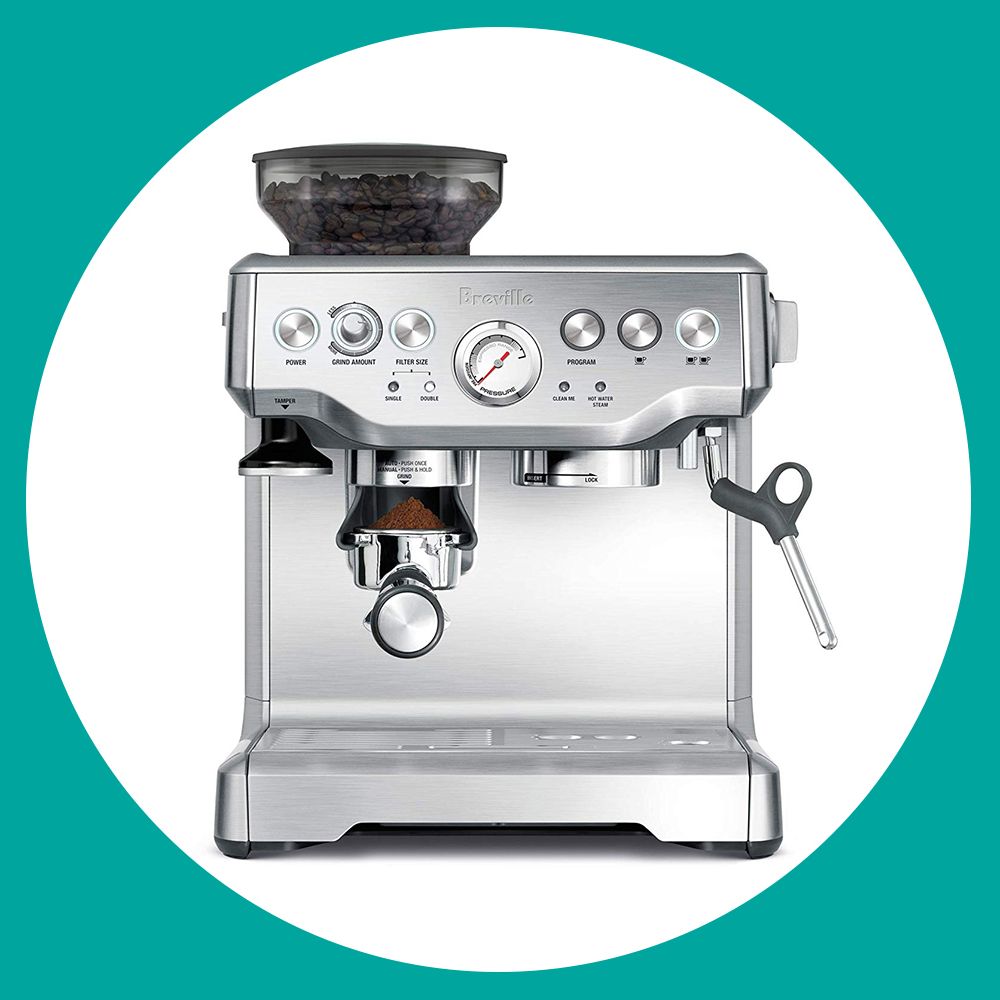
5 Best Espresso Machines That’ll Make Barista-Approved Coffee
Buying Guide If your favorite kind of shot is an espresso, these machines will instantly jolt you out of bed for a dream-like brew that can be made right at home.
By Sanah Faroke Published
Buying Guide -
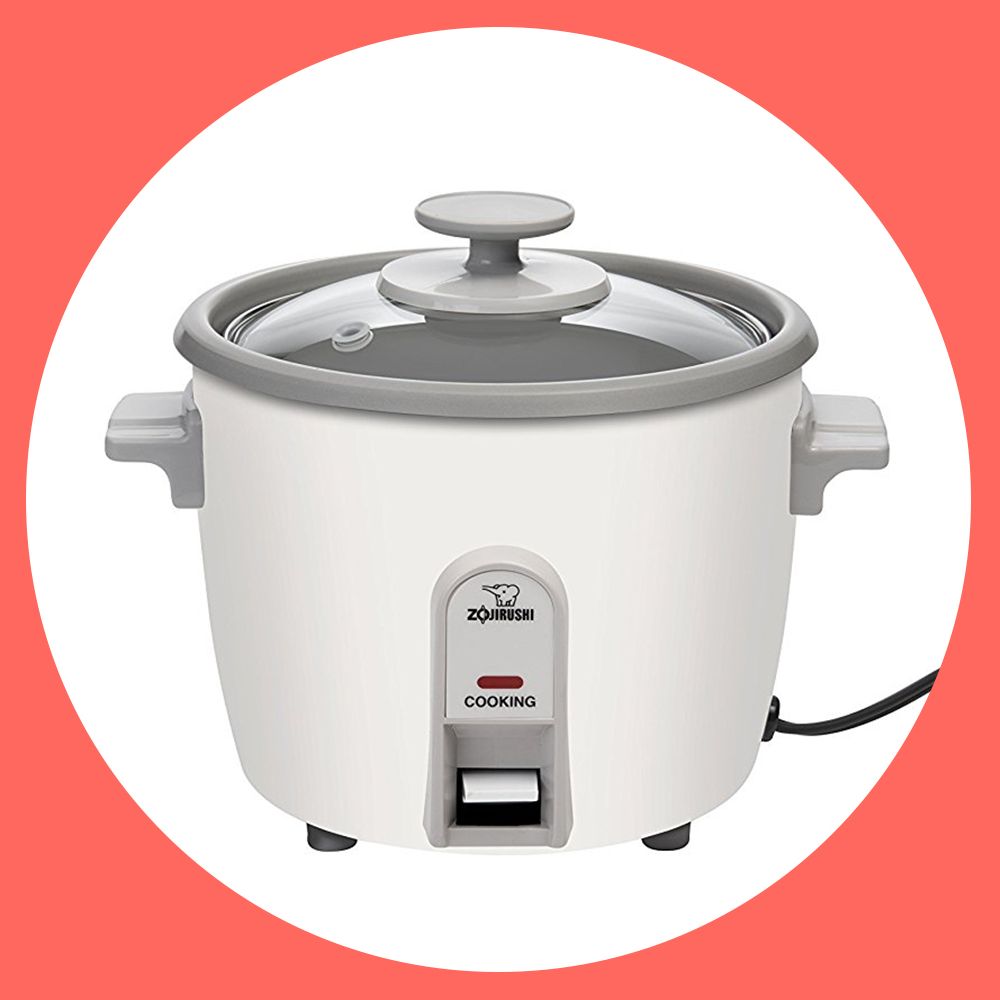
5 Best Rice Cookers That Make More Than Just Carbs
Buying Guide You won’t need to take these with a grain of salt.
By Sanah Faroke Published
Buying Guide -
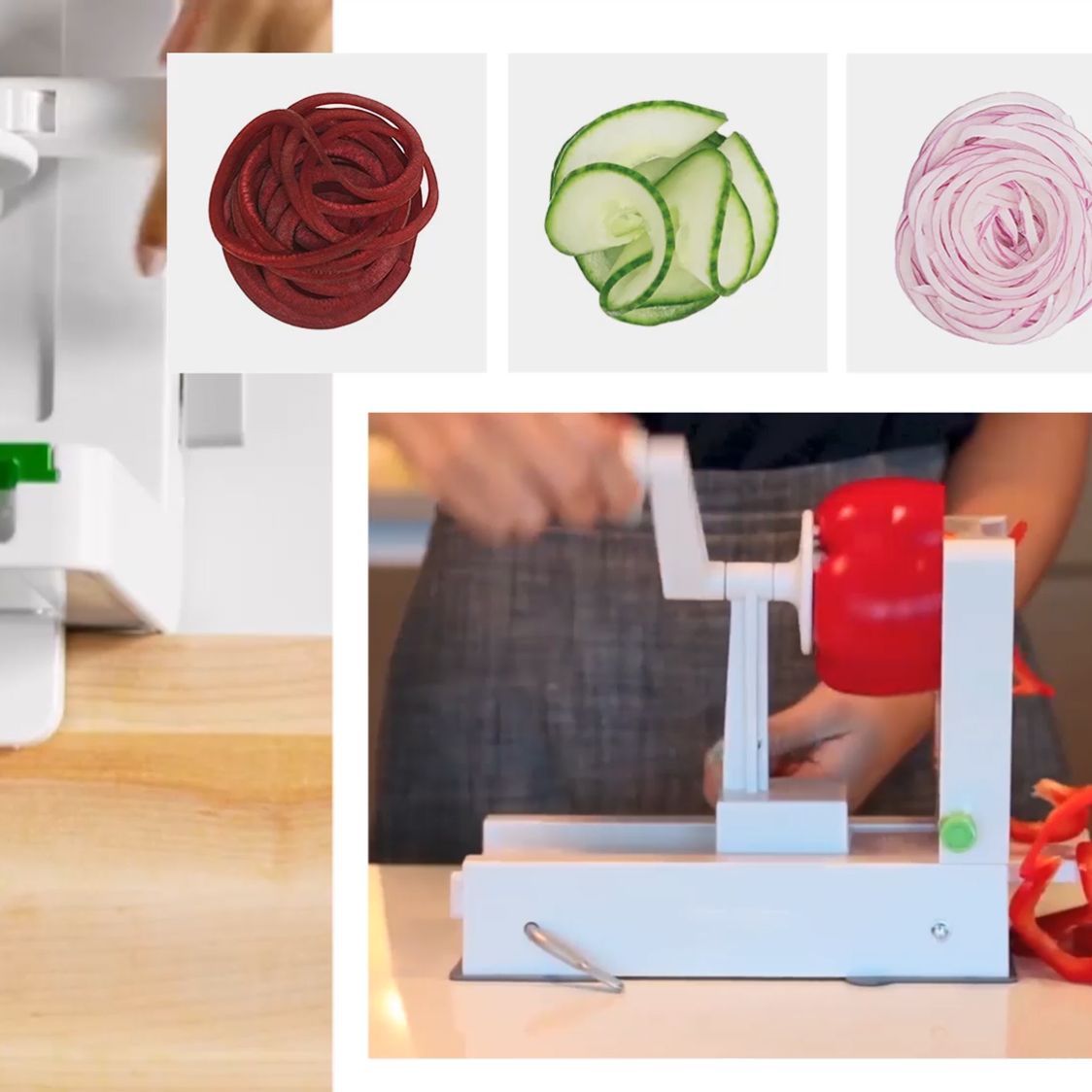
The 5 Best Spiralizers That Actually Make Veggies Fun to Eat
Buying Guide It's time to rethink the noodle.
By Sally Kaplan Published
Buying Guide -
Natural Wines That Taste as Good as They Look
If you haven't gone au natural yet, it's time to start.
By Taylore Glynn Published
-
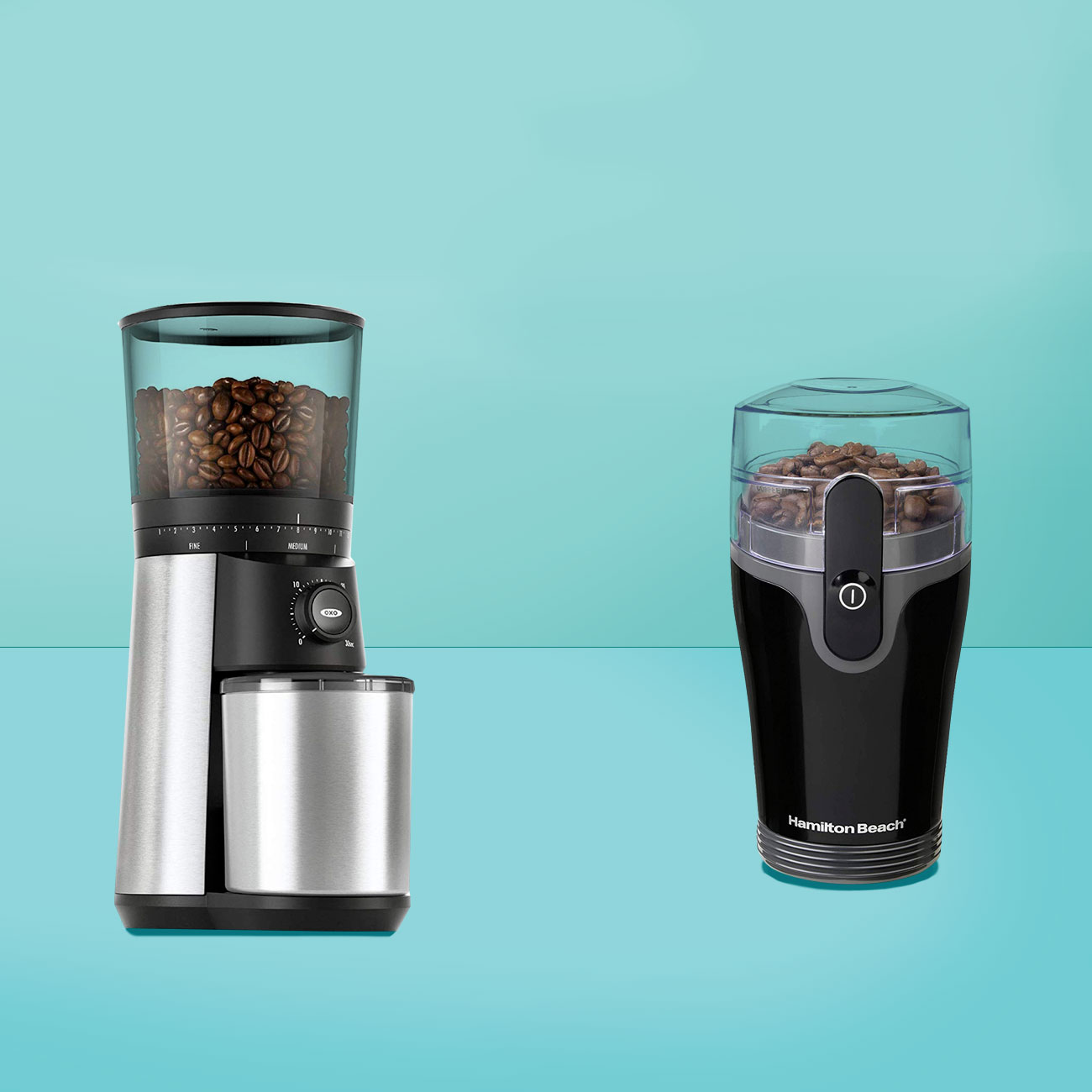
7 Best Coffee Grinders of 2020, According to Kitchen Pros
The best blade, burr, and manual coffee grinders you can buy.
By Nicole Papantoniou, Good Housekeeping Institute Published
-
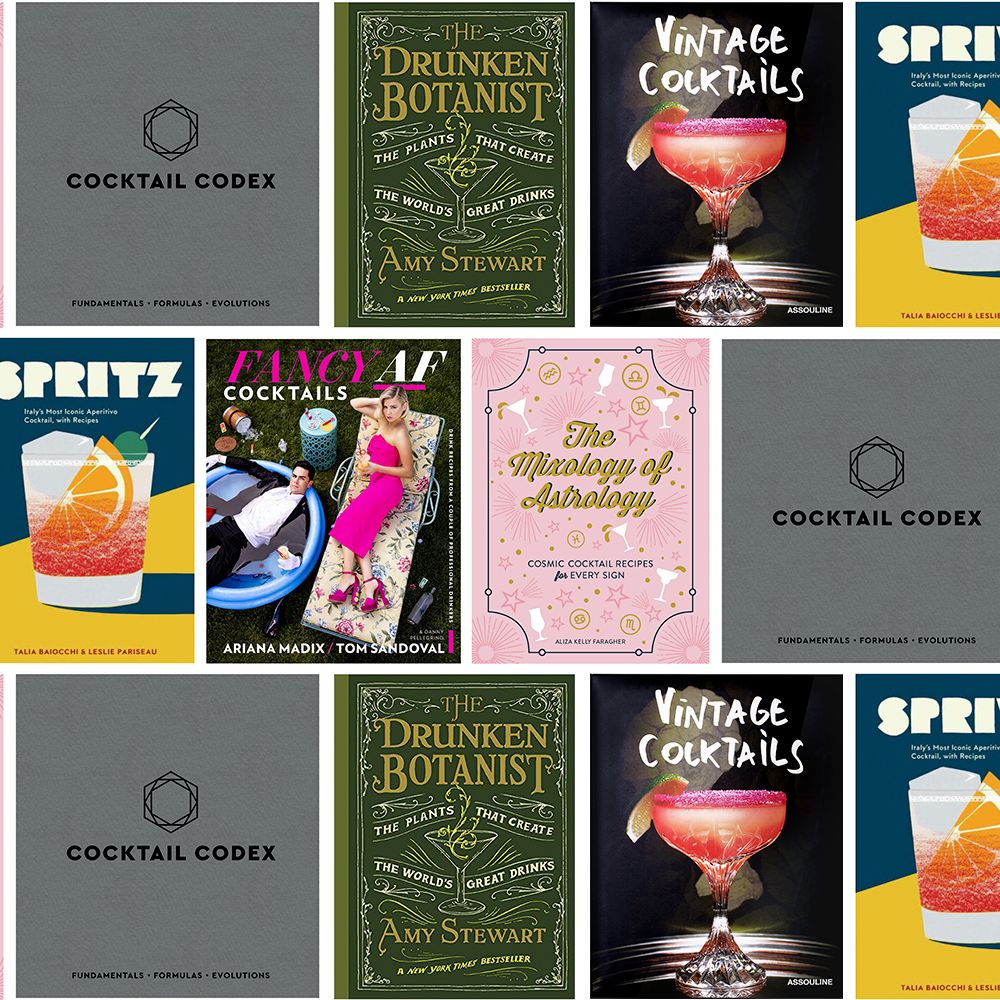
Cocktail Books to Help Upgrade Your At-Home Happy Hours
Five o'clock, where ya at?
By Rachel Epstein Published
